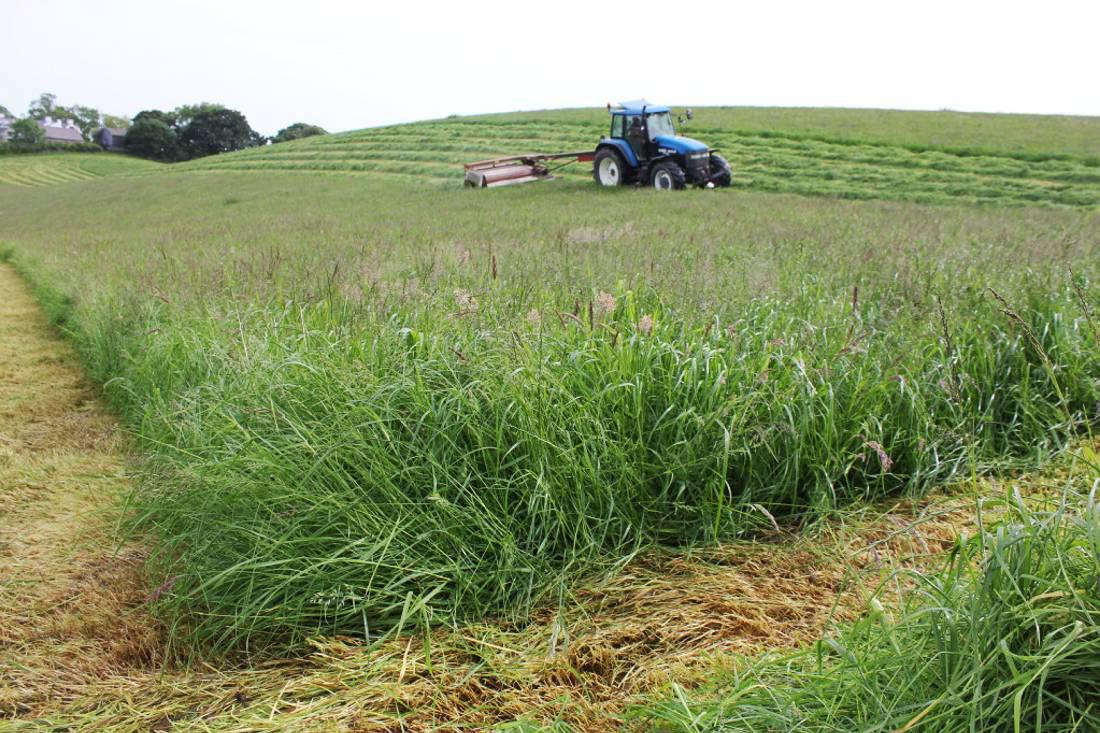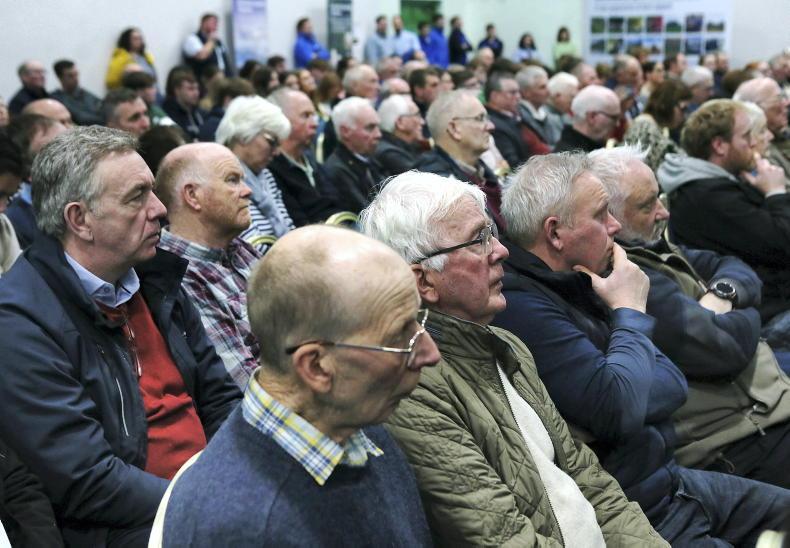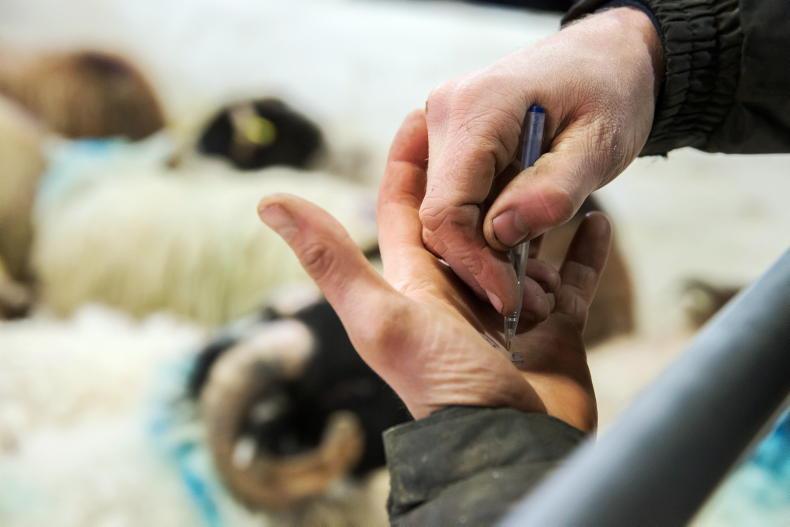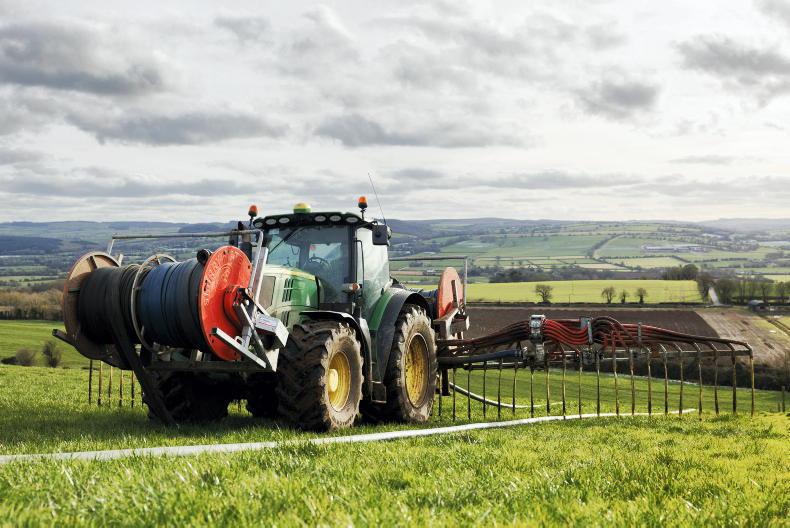Technical specialists from CAFRE are to be used by DARD to assess evidence supplied by claimants to the new Basic Payment Scheme, and who the Department suspect as not being genuine active farmers or not actively farming all the land they have claimed.
Last week, Agriculture Minister Michelle O’Neill announced that active farmer checks have now begun. It is understood that up to 3,000 letters have been issued to claimants who have no livestock on APHIS or who have not declared any arable land on the 2015 Single Application Form.
Those in receipt of the letter have been given four weeks to reply to DARD with evidence of agricultural activity, which has either taken place or is planned to take place in 2015.
To be eligible for payments, a claimant must be able to demonstrate that they enjoy decision-making power, benefits and financial risks. Therefore, a claimant with no livestock, and who argues that they are growing grass or silage for sale, will probably be expected to be able to show proof of inputs, such as fertiliser, and also that they have advertised the grass or silage for sale to the highest bidder.
In a case where a landowner has made clamp silage or bales, and intends selling the material during the winter, this could mean that they will not be deemed eligible to receive subsidy payments until a transaction is completed.
Someone selling bales next March might, in theory, have to wait until then to get their subsidy payment. Given the quality of grass still to be harvested on some farms, there might not be many takers for the silage on offer.
There are also a number of examples where landowners have bought some cattle or sheep to run over a large area of ground. They might not be in receipt of an initial letter from DARD, but sources suggest that as part of the DARD checks, they will also be looking at those who they suspect as having a very low stocking rate.
There could yet be a letter from the Department or an inspection to assess eligibility to claim payments. Land where there is no evidence of grazing or no evidence that a grass crop has been cut, or harvested, is potentially ineligible to establish new payment entitlements this year.










SHARING OPTIONS